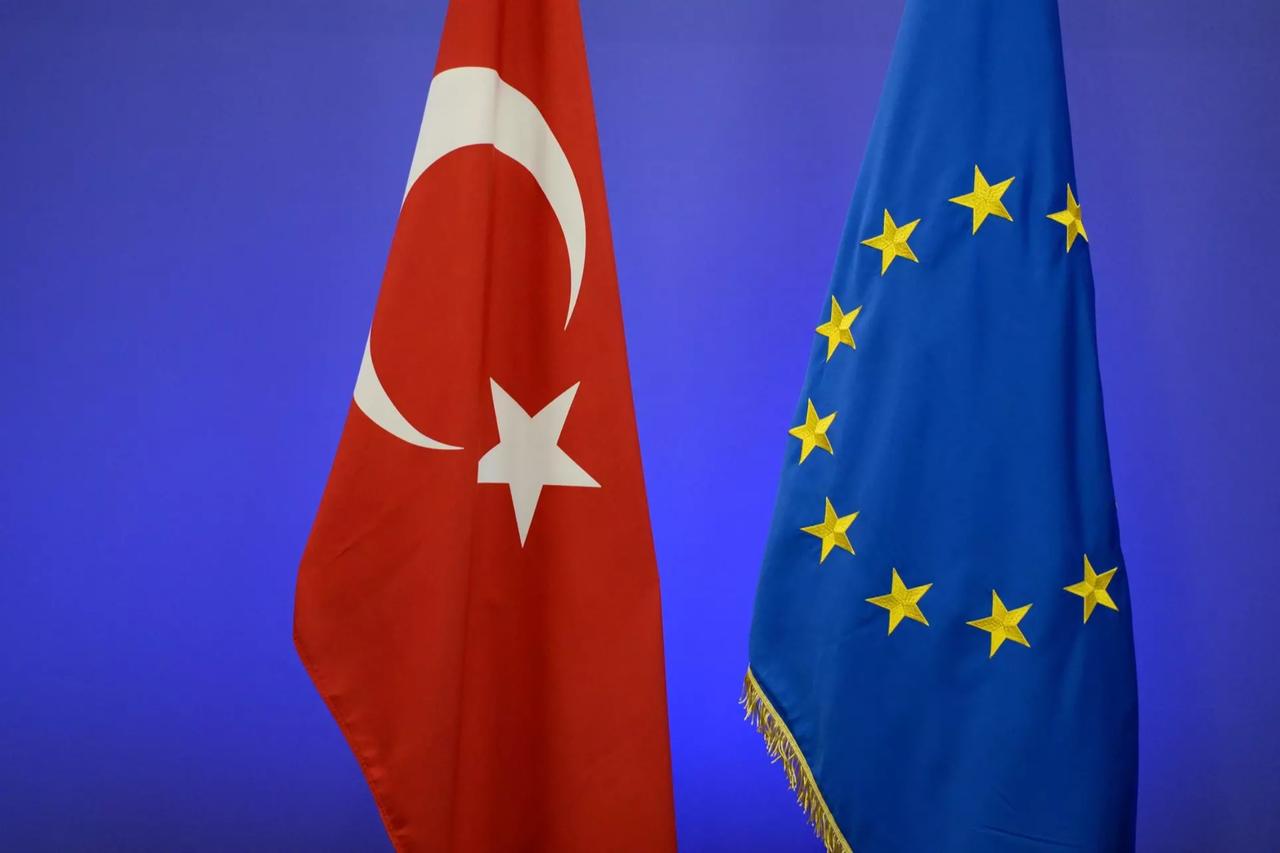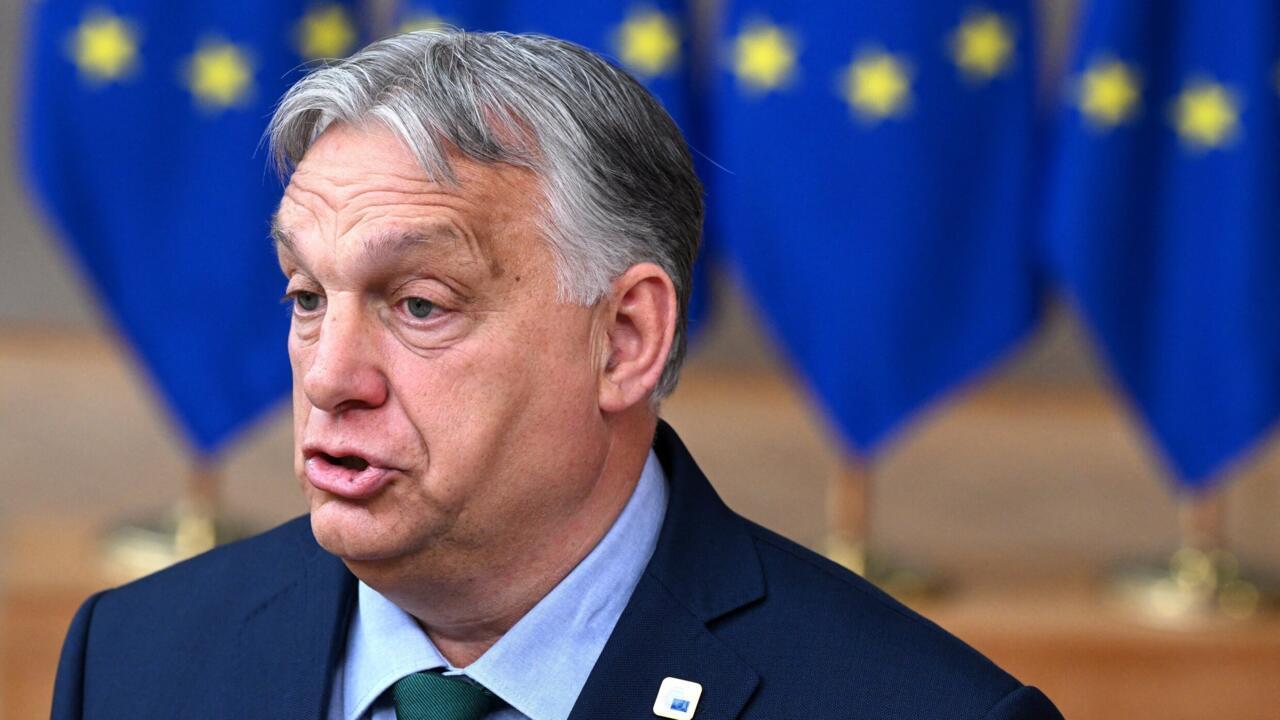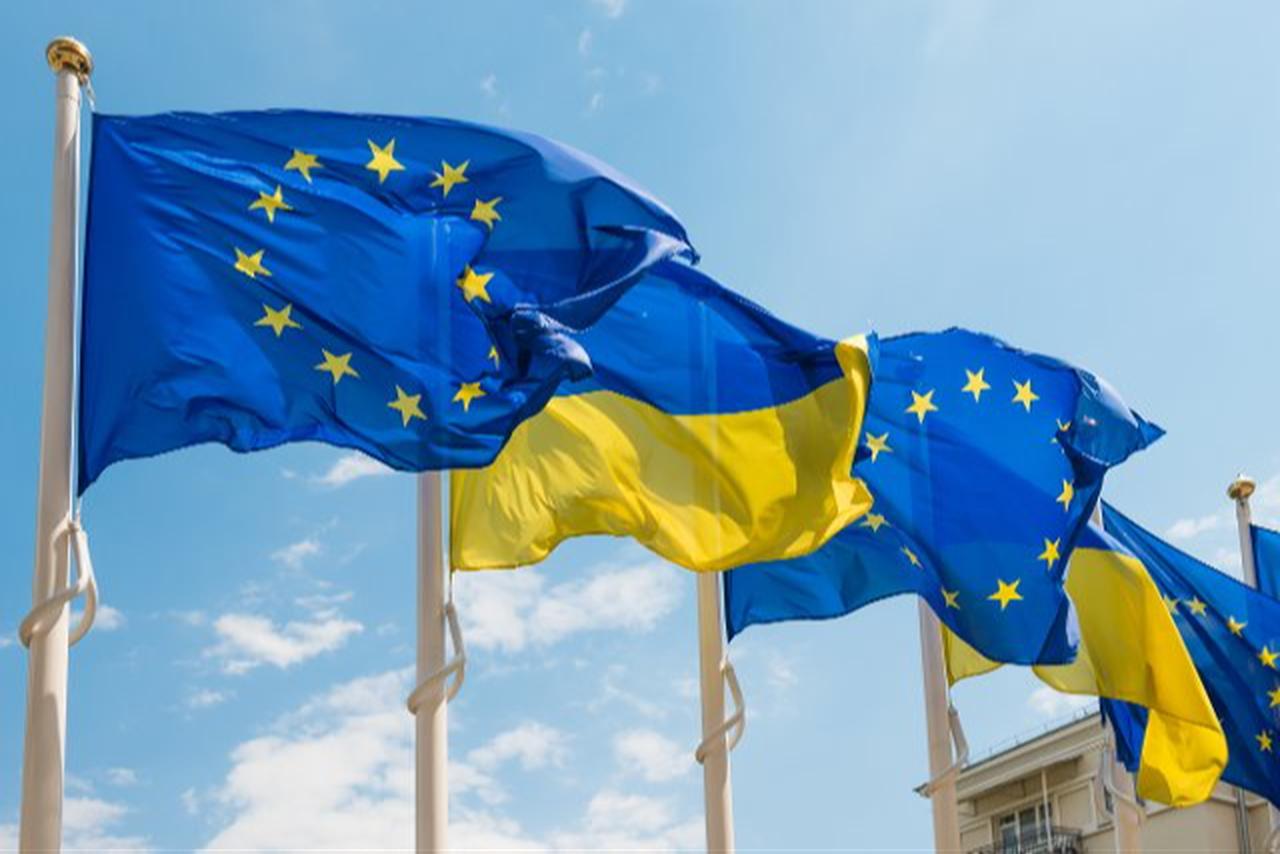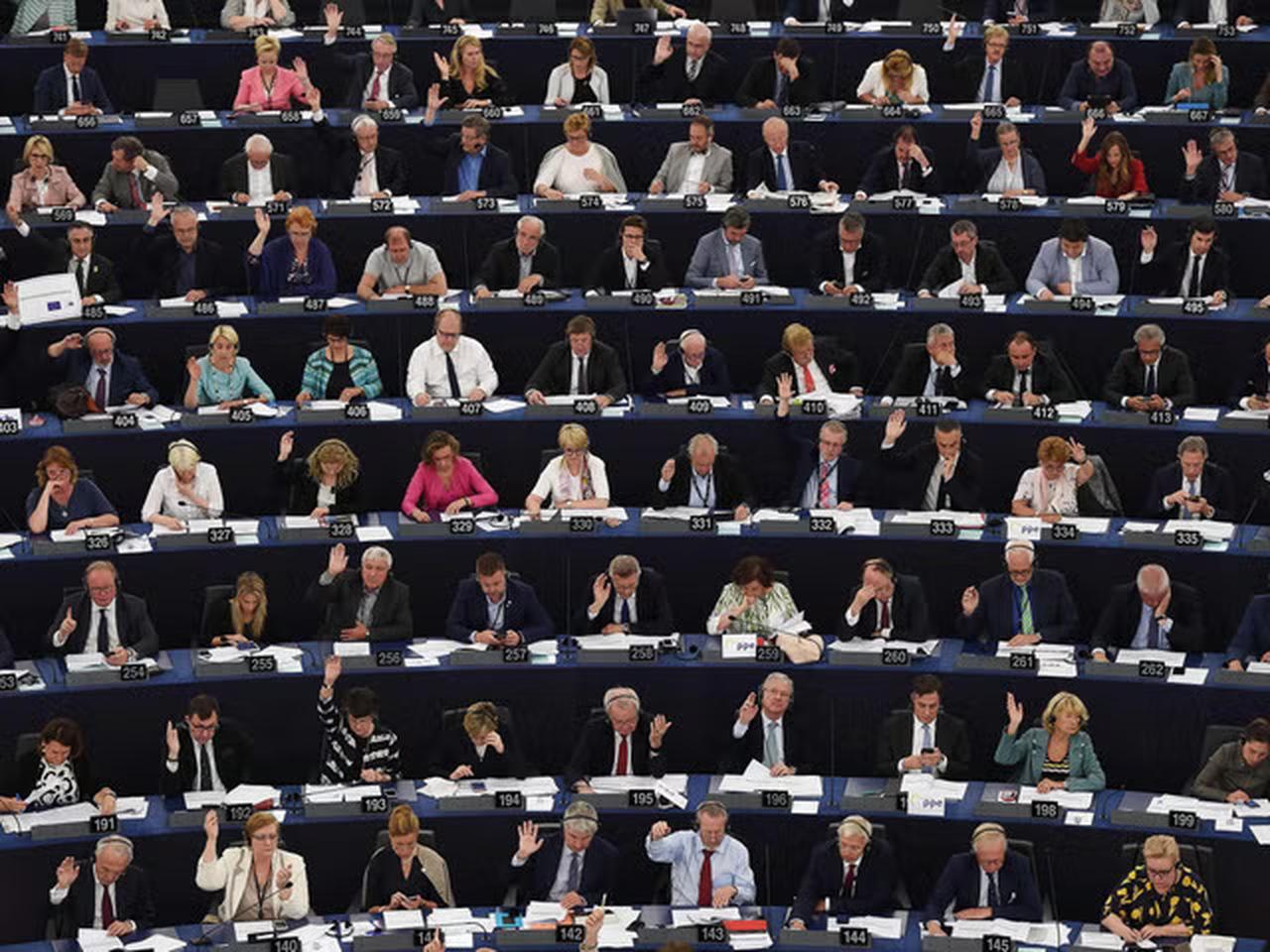
Earlier this week, European Council President Antonio Costa floated a new plan to change the way the European Union approves enlargement decisions.
Under his proposal, the opening of accession clusters would be decided by qualified majority voting (QMV), not by the unanimity of all 27 member states. The move marks the EU’s most concrete attempt yet to sidestep Hungary’s repeated vetoes on Ukraine’s accession bid and reframe how the bloc expands.
The EU’s willingness to question its long-standing unanimity rule is not just about Ukraine.
It is the last chain of the struggle of Europe dealing with certain obstructionism from within, and that could have indirect but significant implications for Türkiye.
Ankara’s engagement moments with EU has long been hostage to Greece’s political vetoes, much like Kyiv’s has been blocked by Budapest. If the EU manages to loosen the unanimity rule, Türkiye could finally find a fairer, larger framework for collaboration with Brussels.
Few debates in Brussels have dragged on as long — or exposed as many of the EU’s internal contradictions — as the one over unanimity.
The Union has long struggled to balance efficiency with equality among its members. At the heart of this debate lies the distinction between unanimity and qualified majority voting (QMV). Under unanimity, every member state must agree before a decision can pass. Under QMV, at least 55% of member states representing 65% of the EU’s population must vote in favor.
In theory, requiring all states to agree before acting should promote compromise and protect smaller countries. In practice, it has often done the opposite: slowing down decisions, weakening foreign policy responses, and giving any member state the power to hold 26 others hostage.
Unanimity was central to the EU’s early design. The 1957 Treaty of Rome made it the default voting rule, a safeguard against domination by larger economies. But as the EU expanded, reaching consensus became more cumbersome.
The Single European Act of 1986 marked the first real effort to shift away from unanimity, followed by further changes in the Maastricht, Amsterdam, and Lisbon Treaties. Under today’s system, about 80% of EU laws are passed through qualified majority voting (QMV), which requires 55% of member states representing 65% of the bloc’s population.
Still, unanimity remains intact in several politically sensitive areas — including foreign policy, taxation, and enlargement. These are precisely the fields where the EU’s geopolitical ambitions now collide with its institutional design.

The urgency for reform has been building for years, but Hungary’s repeated use of its veto has brought it to a head. Since 2011, EU decisions have been blocked at least 45 times, with Hungary responsible for nearly half. Prime Minister Viktor Orban has used this leverage to dilute sanctions on Russia, delay Ukraine’s accession talks, and demand the release of frozen EU funds linked to democratic backsliding.
This pattern has turned the unanimity rule into a tool of obstruction rather than compromise. The EU’s leaders — from Paris to Berlin — increasingly view QMV expansion as essential before the bloc can absorb new members like Ukraine, Moldova, and the Western Balkan candidates. European Council President António Costa floated one possible fix this week: using QMV to open accession talks with Ukraine and Moldova, while keeping unanimity for closing negotiations.
But the idea quickly met resistance. Even procedural reforms like Costa’s require unanimity, meaning Hungary or any other reluctant state can still block them. France and several Eastern European members have also expressed concerns about losing sovereignty to majority rule. The EU thus faces a self-defeating paradox: it needs unanimous consent to abolish unanimity.

The case of North Macedonia is a cautionary tale for anyone expecting unanimity to foster European unity. For more than a decade, Greece blocked its neighbor’s accession to the EU and NATO over the use of the name “Macedonia,” which Athens argued implied territorial claims on its own northern region. The dispute had nothing to do with democratic standards or market readiness — the usual criteria for enlargement — but everything to do with domestic politics.
Only after the 2018 Prespa Agreement, when Skopje agreed to change its name to North Macedonia, did Athens lift its veto. The episode underscored how the unanimity principle allows single states to stall the entire bloc’s agenda over unrelated bilateral grievances.
That same logic has repeatedly constrained Türkiye’s European prospects. As Brussels reconsiders unanimity to overcome Hungary’s vetoes on Ukraine, it may also be forced to confront how the same rule has long empowered obstructionism from Athens. In doing so, the EU might inadvertently open a small but meaningful window for Türkiye — not because of goodwill, but because institutional reform could finally make enlargement less political and more strategic.

While the EU’s internal debate over unanimity is largely framed around Ukraine, the outcome could have wider implications — particularly for Türkiye. Ankara’s accession talks have been frozen for more than a decade, in part due to systematic vetoes from member states opposed to its candidacy. If the EU weakens the unanimity rule for certain areas in the beginning, it could indirectly lower the political barriers that have long stalled Türkiye’s European bid.
Beyond symbolism, this would mark a structural shift. Türkiye’s relationship with the EU has often been shaped by bilateral disputes rather than collective interests. Removing or limiting veto power in enlargement or foreign policy could allow Brussels to treat Türkiye more on strategic merit — as a regional power vital to European security, energy corridors, and migration management — rather than through the narrow lens of its disputes with individual neighbors.
In the medium term, even incremental reform could open space for renewed dialogue between Ankara and Brussels on defense cooperation, customs modernization, or visa liberalization, which are all currently gridlocked by the same unanimity rule that frustrates Ukraine’s supporters today.

Greece’s behavior within the EU mirrors, in several ways, Hungary’s. While Budapest wields its veto to challenge Brussels’ political consensus, Athens often does so on issues linked to Türkiye or regional defense cooperation. Both countries have shown how the unanimity rule can be instrumentalized to advance narrow domestic agendas.
On one instance in May 2023, Greece and Hungary jointly blocked a new package of EU sanctions on Russia, citing divergent national interests. Athens has also used its veto to secure influence over EU defense arrangements, ensuring it retains leverage in any program that might involve Türkiye. The convergence between the two — though based on different motivations — demonstrates how easily the unanimity rule can be manipulated in practice.
No state in the region is intrinsically an enemy of another, nor should it be. Türkiye, for instance, shares the same NATO framework with both Budapest and Athens, while maintaining close ties with the former. That alone shows that with the right leadership, institutional design, and political mechanism, all these countries can coexist within the same strategic framework and align on shared platforms.
In this context, every effort to bring Ukraine and Moldova closer to the Union is not just about the futures of Kyiv or Chisinau. It also opens the door to opportunities that Türkiye could benefit from in the long run — politically, economically, and strategically. Any renewed engagement between Brussels and Ankara born out of this process could, in turn, lay the groundwork for a broader regional alignment.